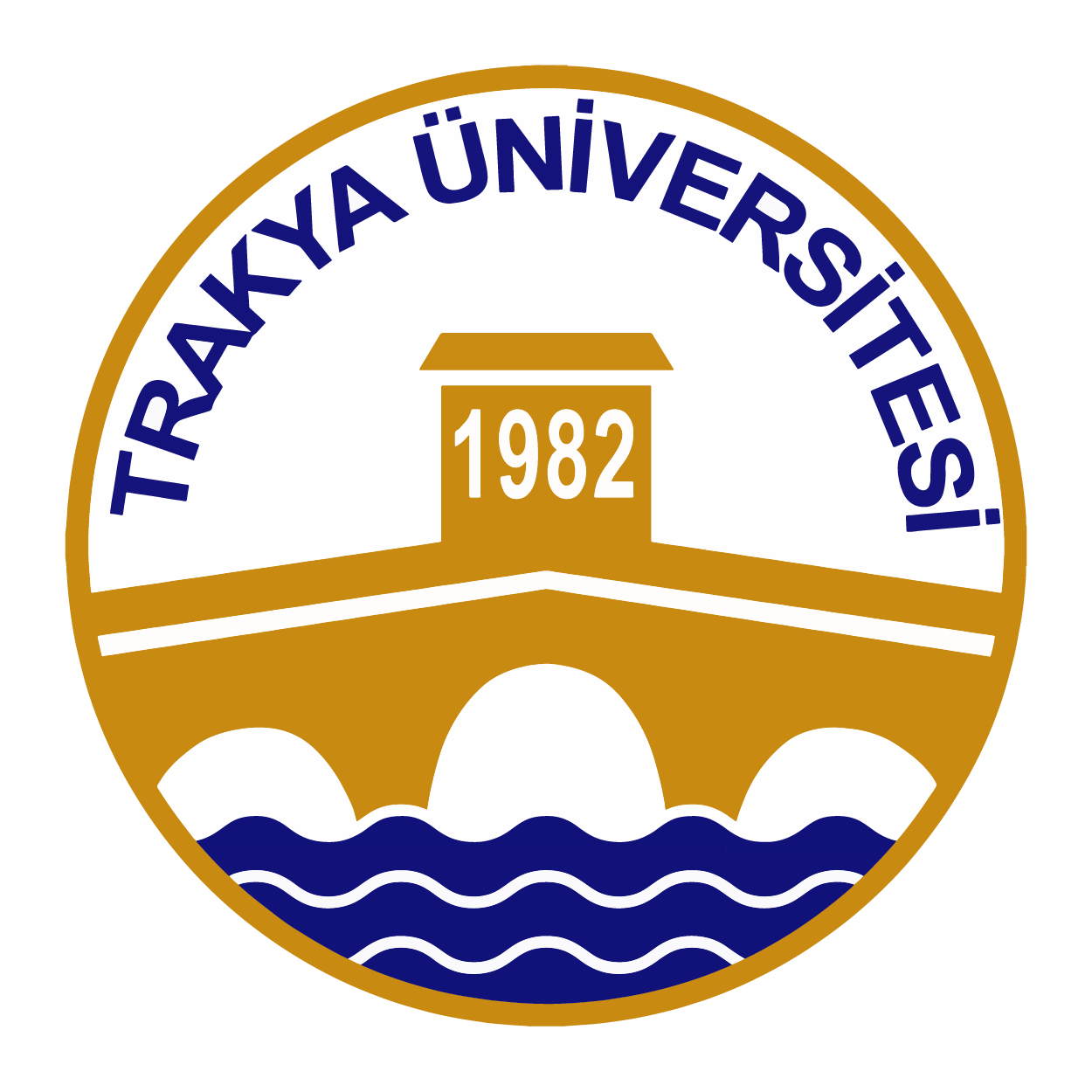ABSTRACT
In the Tanzimat Period, temettuât counts were made in order to determine taxes and as a consequence of these counts, temettuât registers were created. According to Uzunköprü Temettuât Registers, a wide variety of professions were made in Uzunköprü. These professions are divided into eight groups according to their production functions. It is seen that the professions are made in a master-apprentice relationship. In addition, it is determined that some professions are passed on from father to son, and some people work with their father and brothers. It is also possible to see the distribution of professions among Turks and other Muslims, non-Muslims and Muslim Copts living in Uzunköprü. Accordingly, some professions were performed by only one of these groups, and some professions were performed by these three groups together. The purpose of this article; It is to determine the professions made in the city in the middle of the 19th century. Temettuât notebooks belonging to Uzunköprü were used as the main source in the article. In addition, many research works were also used in the study.



